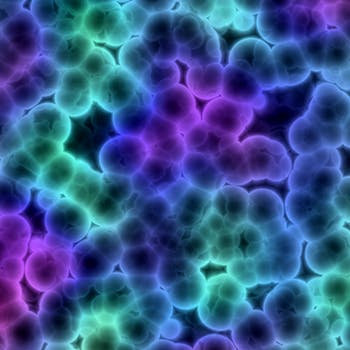Engineered bacteria could soon be used to detect environmental toxins, treat diseases, and sustainably produce chemicals and fuels
(BOSTON) — We now have more control than ever over microorganisms thanks to the work of scientists like synthetic biologist Pamela Silver, Ph.D., Wyss Core Faculty and the Elliot T. and Onie H. Adams Professor of Biochemistry and Systems Biology at Harvard Medical School, who have uncovered new ways for programming and directing microbial cells to carry out tasks useful to humans and the environment.
The concept, according to Silver, is that by genetically programming cells like common E. coli or other bacteria species to respond to and produce certain chemicals, we can turn these microbes into so-called biological devices. In the October issue of Current Opinion in Chemical Biology, Silver writes that these "biological devices" – made up of engineered microbes – can be used for a whole host of applications.

One potential use is to detect the presence of toxins or other valuable chemicals. This could prove especially useful for identifying the presence of arsenic, other heavy metals, or organic pollutants.
Not only could microbes be programmed to sense and detect chemicals in the environment, but they could also be engineered to do the same inside our own bodies. Sensing the presence of biochemical signals, they could be rigged to "remember" and "report" the presence of these signals by changing their visible color or by other easily interpreted means. This new form of diagnostic tool could give doctors new insight into the health of their patients by identifying subtle signals within the body that could indicate health conditions long before more serious symptoms present.
Beyond diagnosis, experimental work has already demonstrated that bacteria could be harnessed to attack and treat cancer tumor cells, potentially adding a new weapon to the tool belts of cancer clinicians. And, these engineered microbes could potentially be used to silence countless other genes that are responsible for many devastating diseases.
But in order to take these biological devices from the lab and put them to use in the real world, engineered organisms must first be proven to be reliable, predictable and cost effective. Read the Opinion in entirety here.